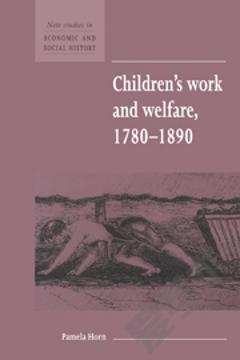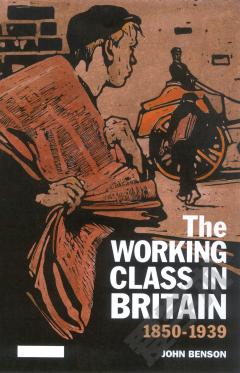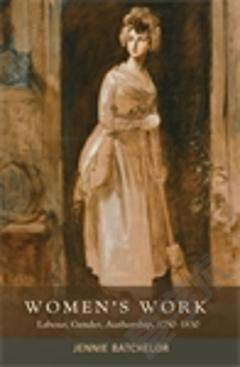Children's Work and Welfare 1780–1890
This short book provides a succinct account of changes in children's work and welfare in Britain between 1780 and 1890. It examines both the scale and the nature of child employment and the changing attitude of society towards it at a time when Britain was becoming the 'workshop of the world'. The further development of industry in the second half of the nineteenth century meant that the need for juvenile workers declined. At the same time the efforts of philanthropists and the State led to legal curbs on the kinds of jobs children could perform and the minimum age at which they could commence them. The author concludes that the century after 1780 saw a progressive lengthening of childhood as a stage of life, and that by 1890 children had been recognised as 'special cases' in need of protective legislation. However, for the poorest and most disadvantaged families life remained a struggle, and children continued to pick up a living where they could.
{{comment.content}}








 京公网安备 11010802027623号
京公网安备 11010802027623号